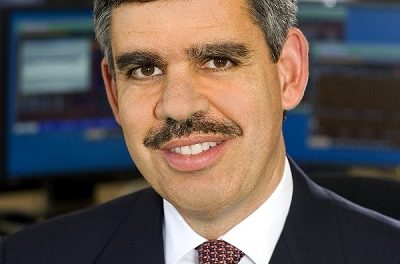
Needs drive people to rituals to fill the vacuum of empty time

How to waste years ● ‘Rock & Roll Suicide’ ● the two hour cup of tea ● nature, the psyche & vacuums ● the needs of middle aged males ● my favourite gland of all time ● how to cope with crises ● the difference between passionate and loving kisses ● a new way to stereotype individuals & cultures
For many years I used to go to the same pub, on the same days, sit on the same chair and speak to the same people. The number of drinks was usually always the same though the bill could vary with the number of rounds purchased. And the song that went through my mind as I entered the pub never varied either.
According to Bowie’s song, Rock & Roll Suicide, “Time takes a cigarette, puts it in your mouth. You pull on your finger, then another finger, then your cigarette.” Life has its empty moments, and they need to be filled. I read that a Japanese tea ceremony can be stretched to a couple of hours. Perhaps it’s not just empty moments that need to be filled.
The human psyche abhors empty moments the way nature abhors a vacuum. The moment nothing happens the average human looks for something to do with the possible exception of certain classes of bureaucrats and waiters in less successful but more expensive restaurants.
There is a need at the centre of everything. For instance, if you are thirsty, you need to drink. If you are a male approaching middle age you probably need a Play Station and a torqued-up convertible to reaffirm your undying youth. If you are generous, you need an outlet for your philanthropy, in which case support the literary arts or the local SPCA. Whatever it is that you are doing or thinking about, you are accustomed to being driven by a need.
The biological basis for need satisfaction is the amygdhala, a set of pair of glands that kick your brain into overdrive whenever you have a need. The problem is that even if you don’t have a need, your amygdhala will still be working to some or other degree. Proof positive is those wonderful people who get fidgety and irrational when the phone isn’t answered, even if the call is not on their extension.
The result is doing things like lighting up a cigarette or spending two hours and forty five minutes on a cup of tea. What is noticeable though is that certain ways of filling empty time are repeated.
Ritual behaviour becomes a security blanket. For instance in my case, whenever faced with a crisis, my automatic response is to reach for a cup of coffee and a cigarette, go outside and think things out. However in anticipation of the standard crises that afflict any business on a day-to-day basis, I have learned to begin my working day with a cigarette and a cup of coffee. A crisis no longer intimidates me, but the idea of running out of coffee and cigarettes leaves me in a cold sweat.
Rituals are not just individual and self-centred. Consider the shared ritual of a kiss between old lovers on parting for work or when returning home. Perhaps it lacks the exciting interplay of raging hormones, but it now fulfils the very important role of saying that all is still well with the relationship.
On an even broader scale, the ritual becomes a social safety valve. Although attendance of religious devotions may be on the decline in certain areas and communities, the absence of a regular service could easily lead to godlessness in more ways than one. And how could we trust politicians if we didn’t know for a fact that election promises are seldom realistic, just another ritual that goes with the job of getting votes?
Where there is a need, there is a behaviour pattern that satisfies it. Only when the need is unfamiliar or unusual, will there be a problem. By following set, successful behaviour patterns, everything will go smoothly.
Marriage & fatherhood were the final blows to my ritual of the pub. For a long time, I have felt far more comfortable at home, watching my daughter breathe, grow and shape the personality that she will become. She too has her rituals, though these are in the early stages and will change or evolve.
If there is anything to be said about rituals, it is that they define us as human beings. If you want to understand someone, don’t look at what they do when they are busy, but at how they fill the moments and hours when nothing happens.













































